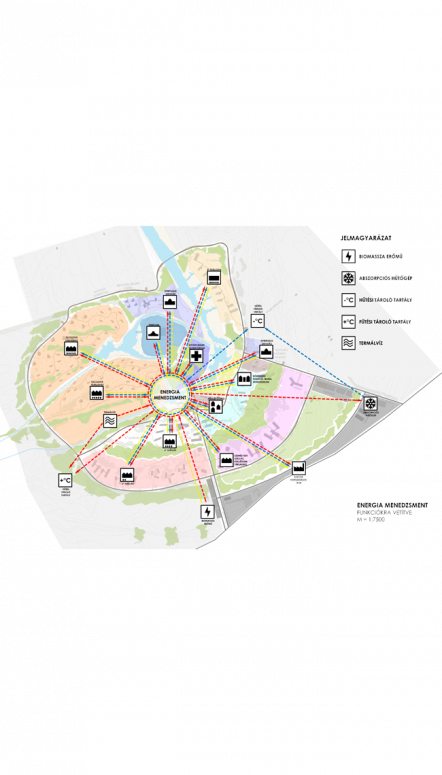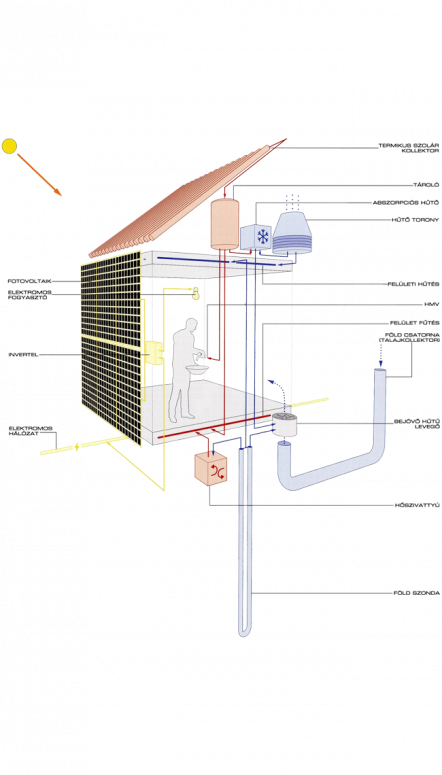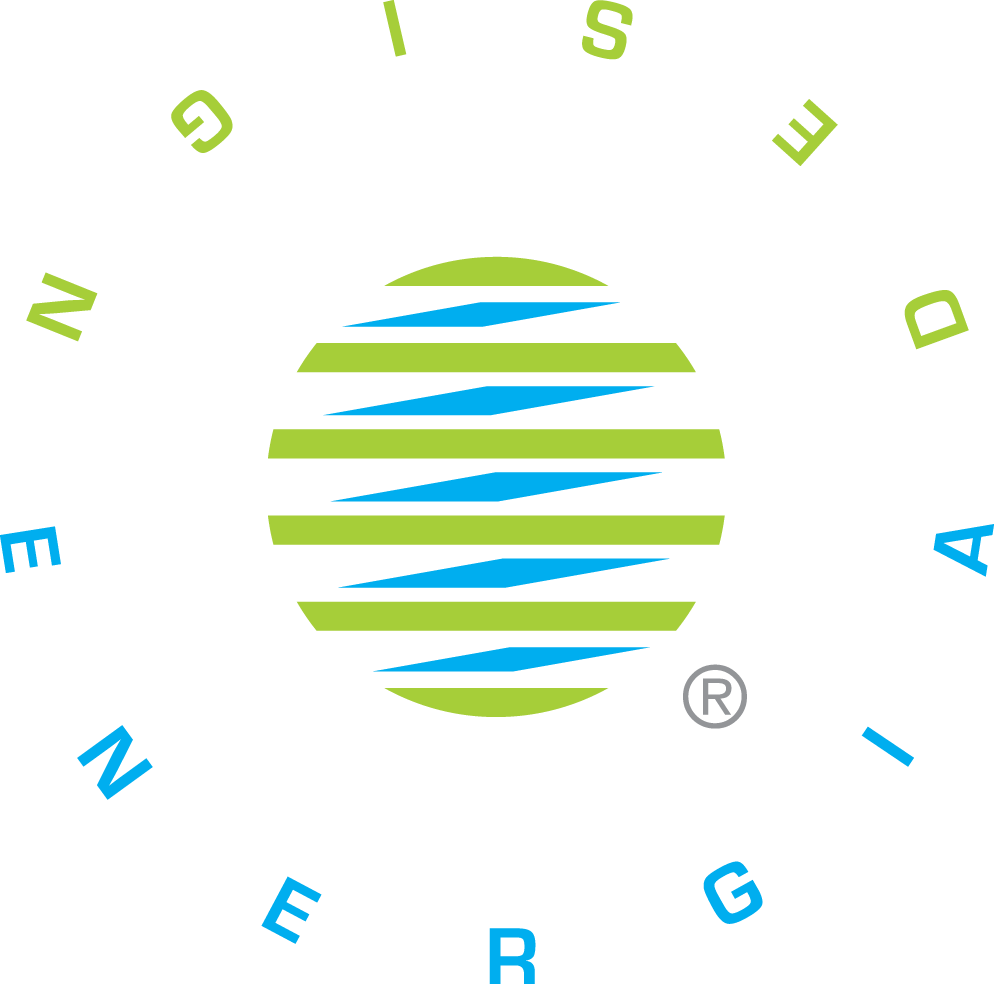


Building related energy theory. Thermodynamics. Thermal qualities of the building envelope. Efficient and reliable interrelation between house and machine. Interaction between air and operative temperatures and solar radiation, between external air temperature and passive ventilation and thermal insulation. Thermal qualities of the building envelope, efficiency generating structures and materials indoors and in the building envelope. Thermal bridges. Thermography diagnostics. Passive building design and room conditioning strategies. Space planning, building body shape finding (A/V-ratio), façade and room organisation, glazing ratio orientation, placement in site, neighbour environment, thermal mass, structures. Natural ventilation and cooling, night cooling, soil-air heat exchanger, earth probes, soil collector, ground water, hybrid systems. Energy conservation and efficiency. Energy calculation methods at different levels. Energy levels, cycles and flow systems in buildings. Building services systems design and conception. Renewable energy sources and corresponding building services systems, heat pumps, combined heat and power generation (CHP), solar and geothermal systems, heat exchanger, fuel cell. Energy generation (heat and electricity). Active room conditioning strategies: heat transfer systems in rooms, room conditioning, heating, cooling and mechanical ventilation systems and their effect on energy consumption. Installation concepts, sizing of systems, central, decentral systems. Energy concepts for supply, transfer, distribution, storage and losses. Interaction between building technology (HVAC systems) and passive, architectural solutions. Climate mechanisms for advantageous energy saving and efficiency strengthening effects, synergy effects. Energy conservation potential analysis, optimisation strategies. Energy economy, financial effects on investment and operation. User behaviour and its energetic effects. Building operation management and building load management. Building energy qualification standards, norms and codes. Zero and energy plus buildings, active houses, smart building. Building load management. Building energy calculation methods. Steady-state energy balance. Energy balance estimations (rough approach) as basis for first functionality check of projects. Decision making support. Complex building physics modelling, dynamic energy and climate calculations, applicable software. Forms of energy and main energy fluxes for steady state energy balance (losses and gains, loads, transmission, airflow, storage, mechanical ventilation, heating, cooling, daylight). Energy and HVAC system concept optimisation with help of calculations.
